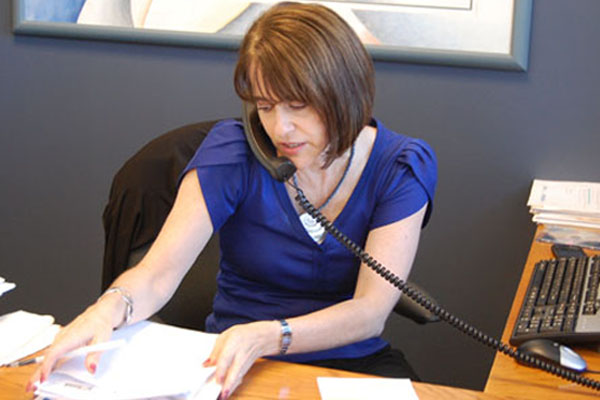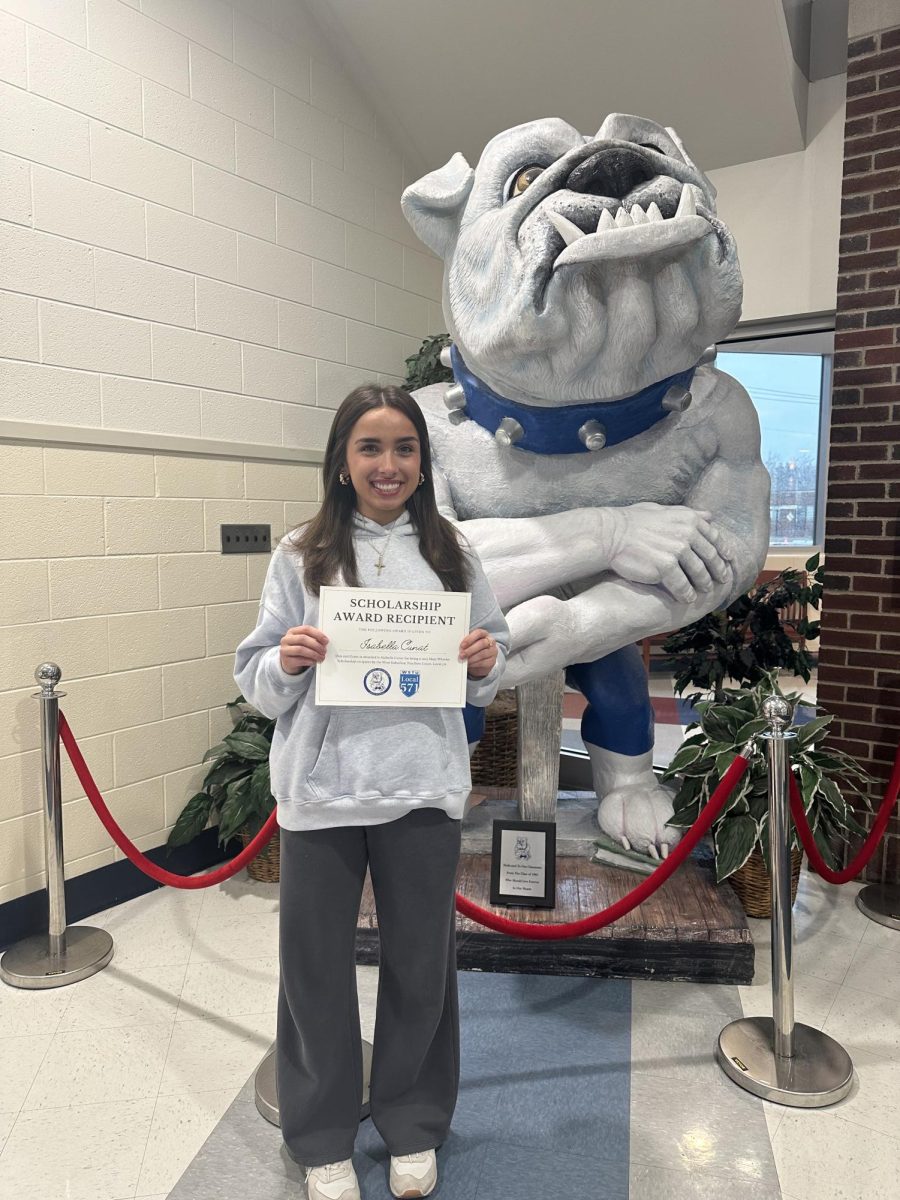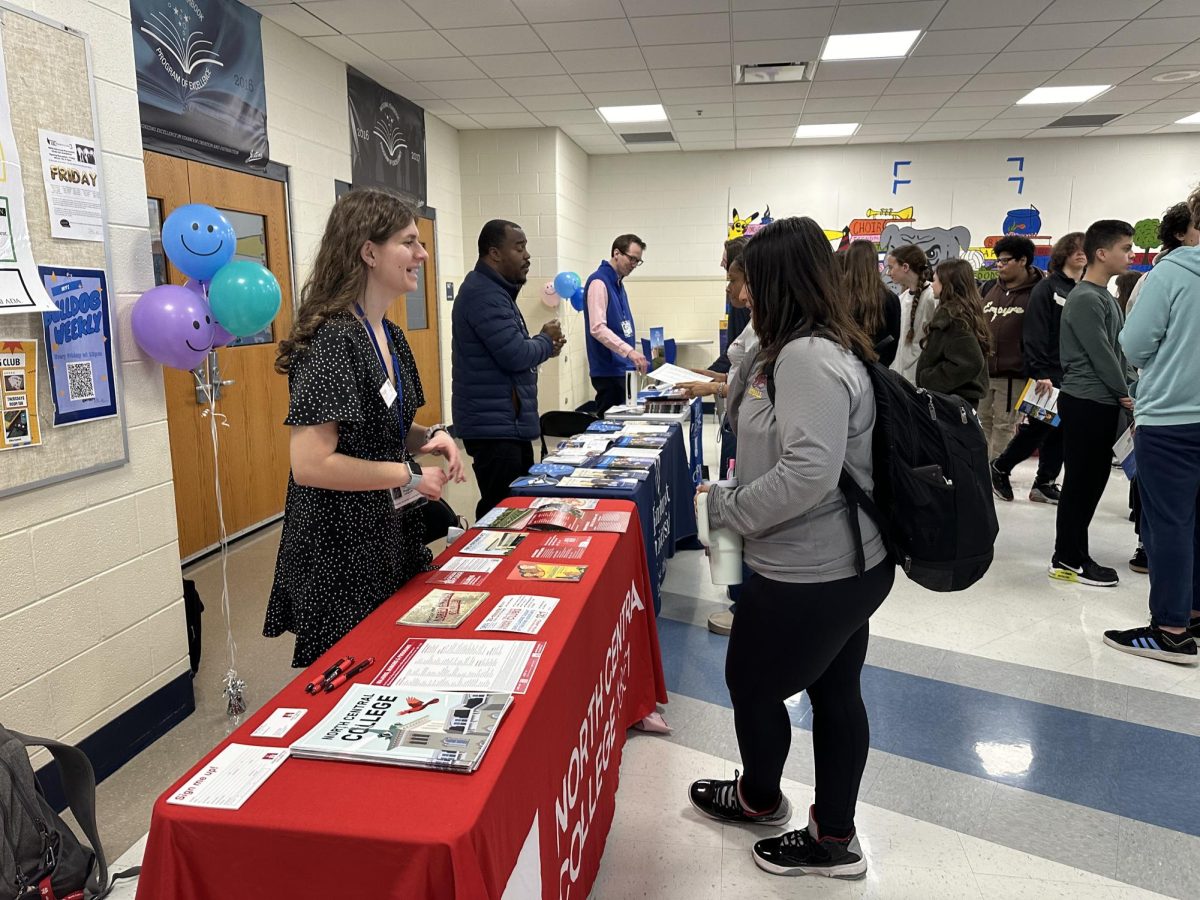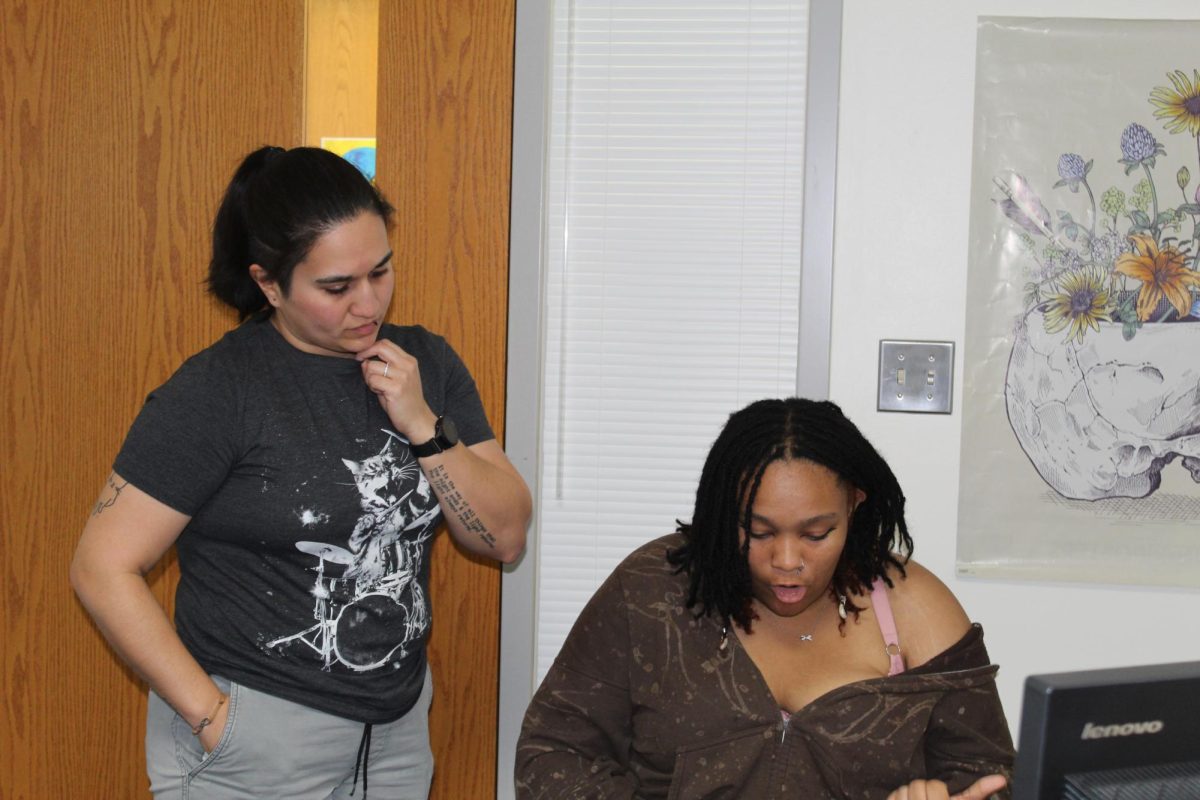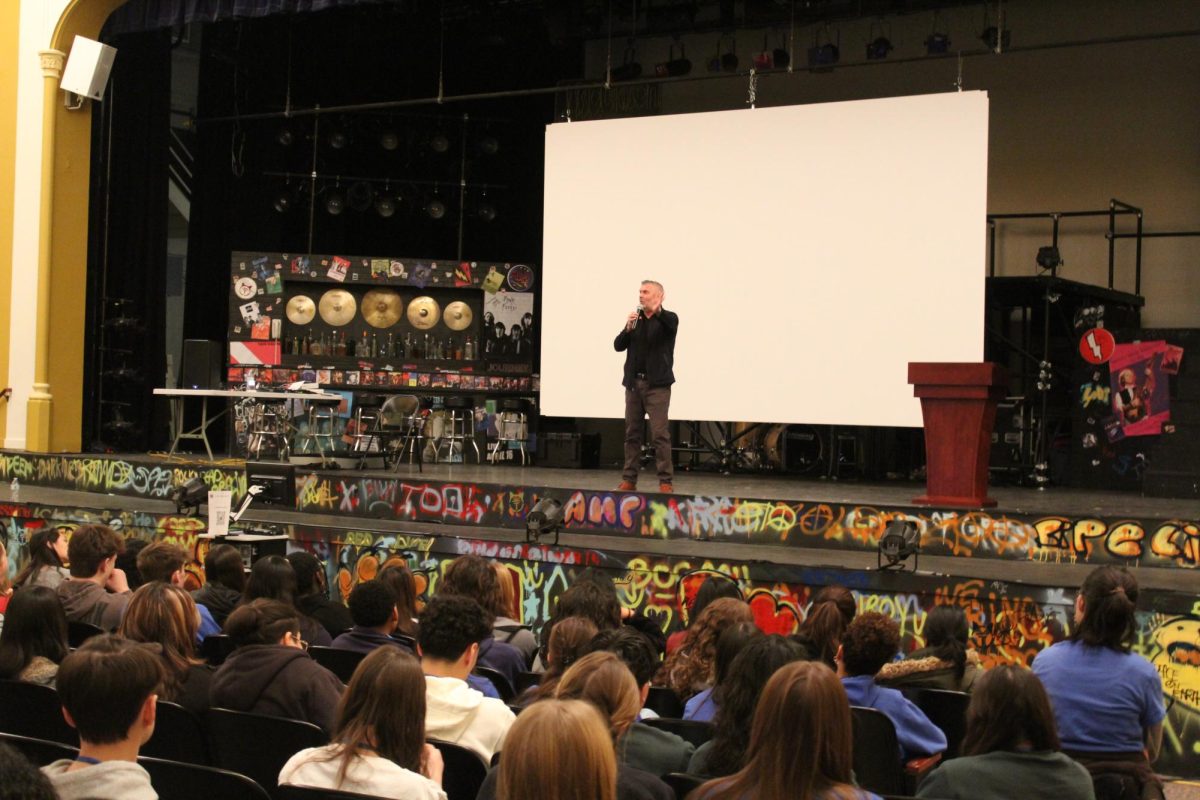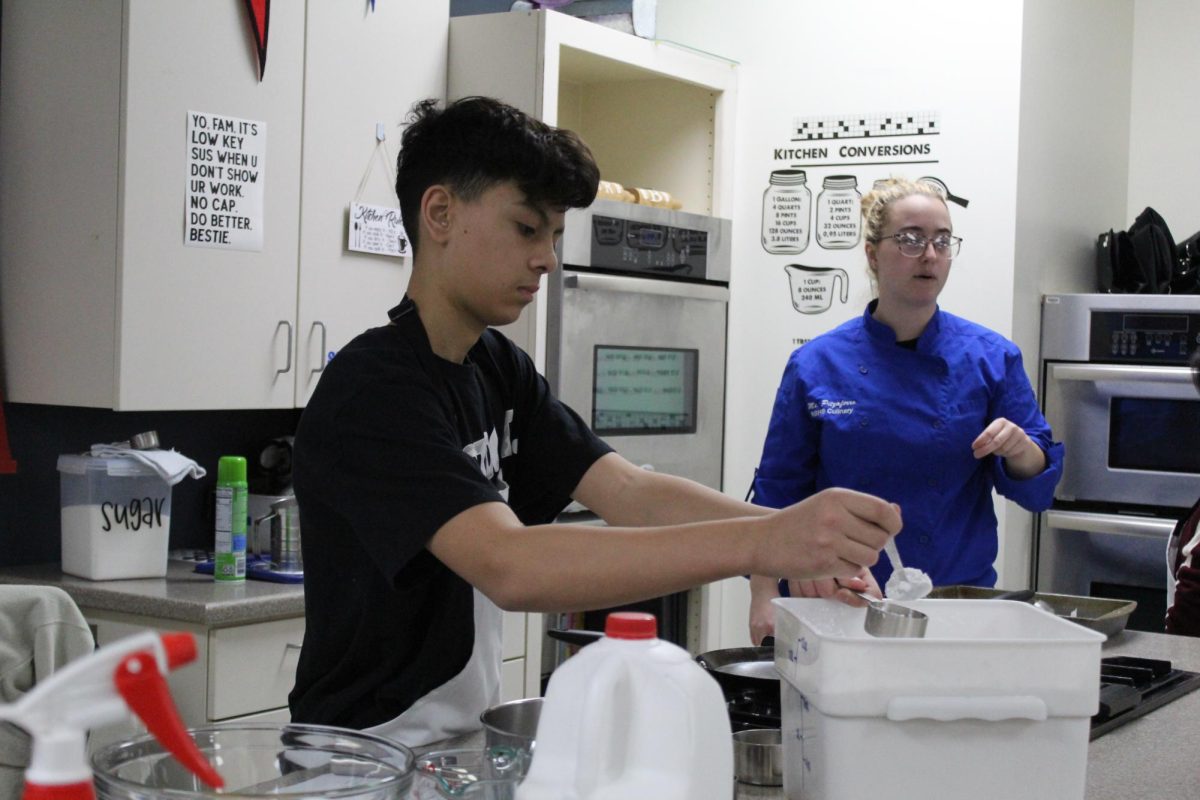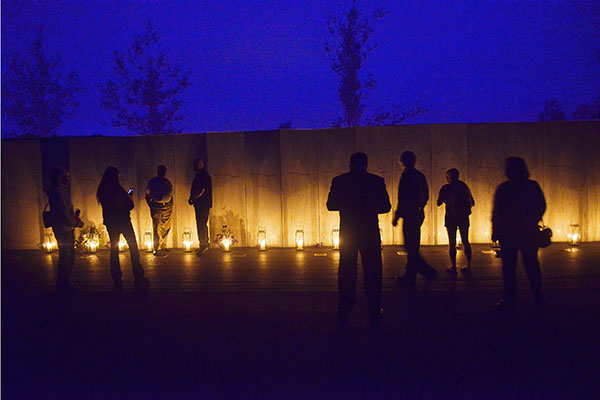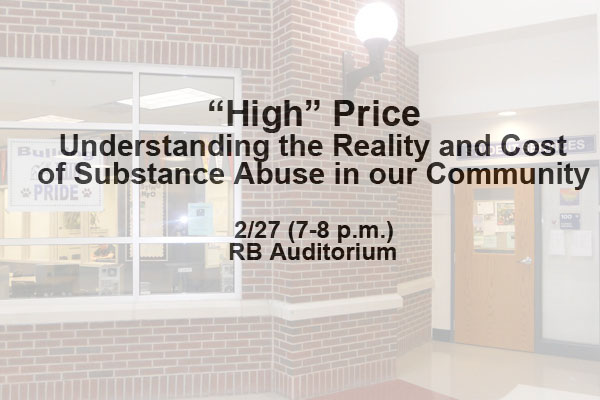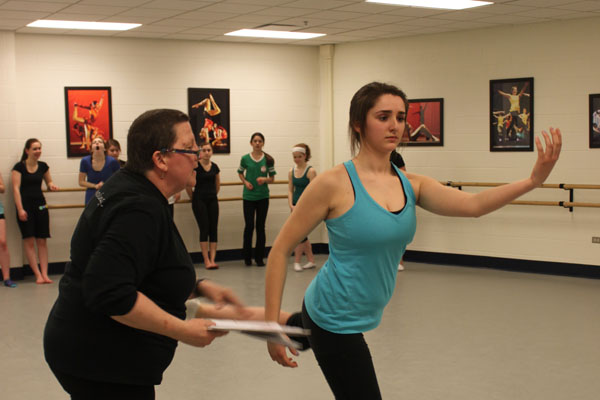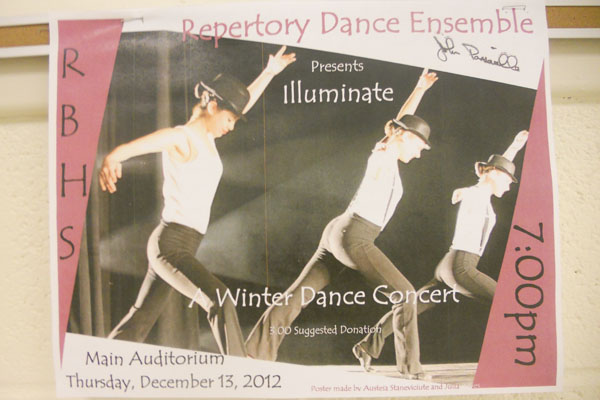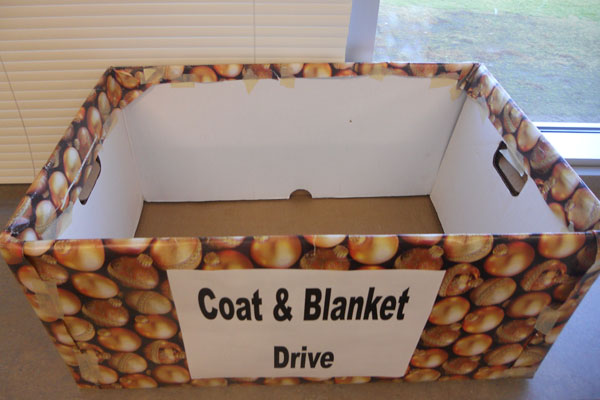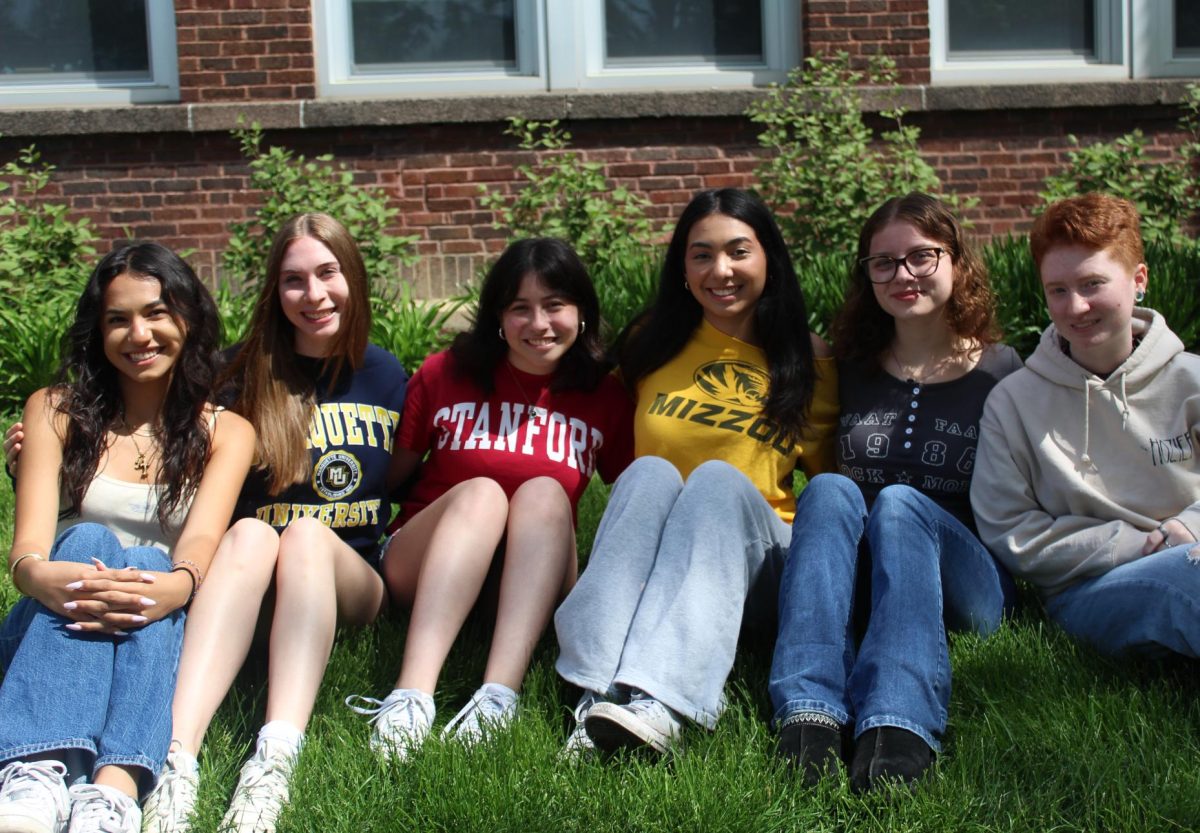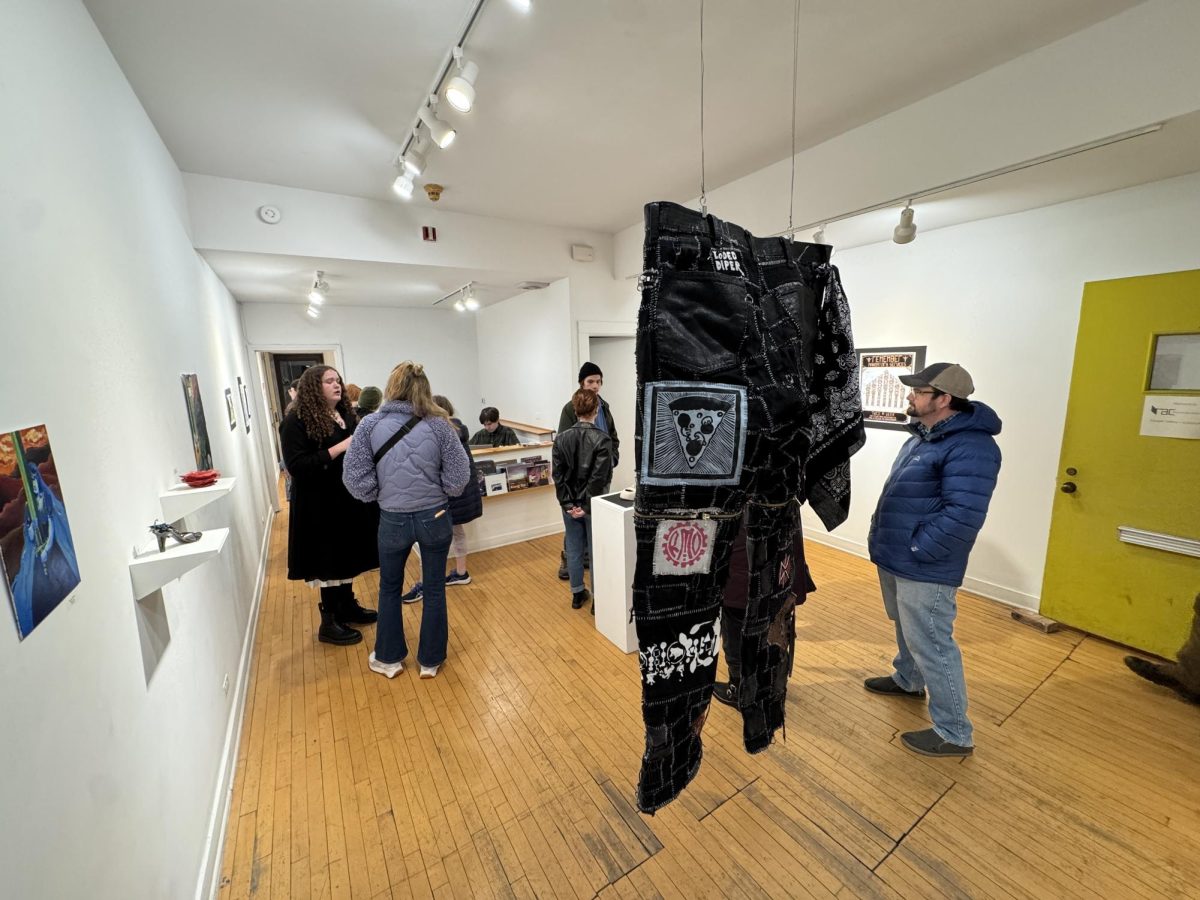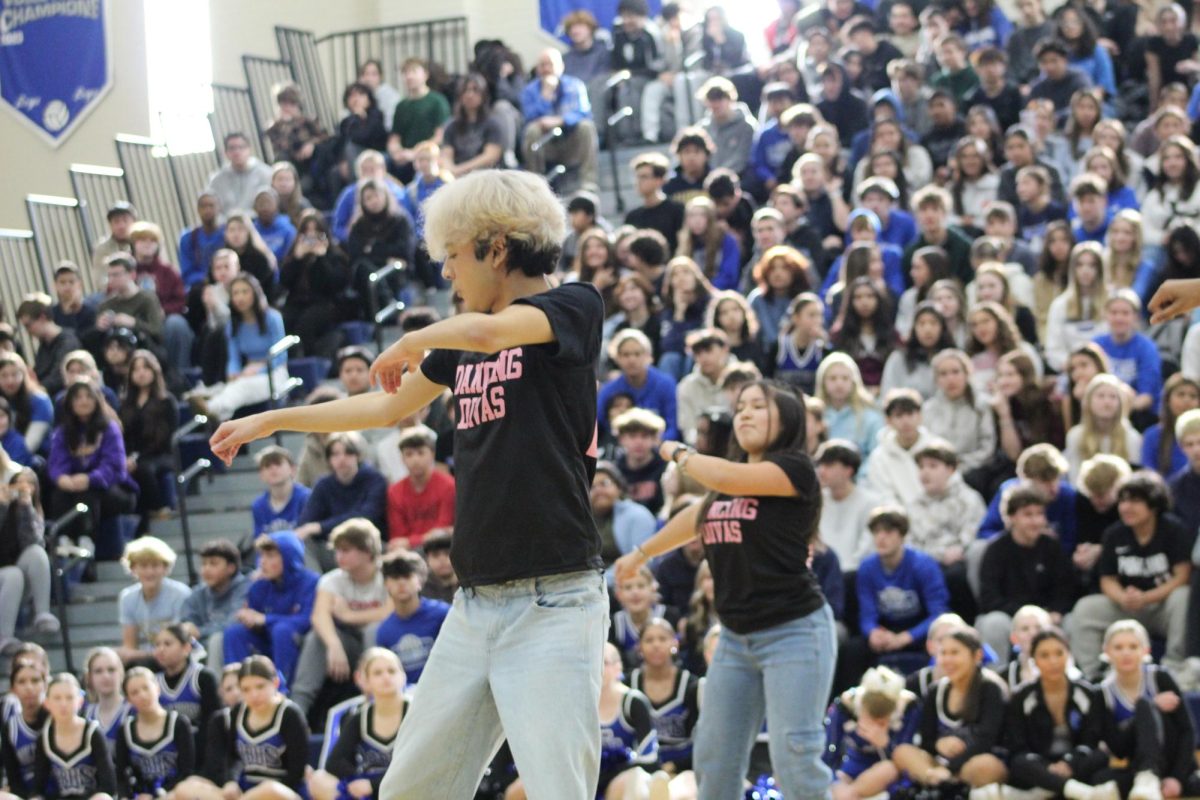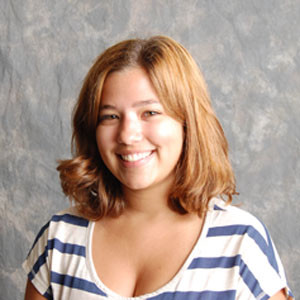Principal Pam Bylsma is entering her second year in RB administration. If it’s anything like her first one, it’ll be a doozy. The 2010-2011 school year included a hotly contested referendum campaign, the hiring of a new superintendent, the filing of an electioneering lawsuit, the introduction of a major values learning educational initiative, and more.
Q: Will you be doing anything differently this year?
A: “Every year is different from the year before. We’re looking to do more with the Character Counts program and the Social Emotional Learning. We’re working on more initiatives having to do with academics and something called a positive behavior support system.”
Q: How do you feel about the changes to the school due to the referendum?
A: “We knew that students would be hurt by the changes. You can’t reduce large amounts of money without impacting students. And the teachers and staff have been impacted as well. But ultimately, we’re all here for the students and giving them the best education we can possibly give them. There was less flexibility in the schedule for students to get courses they desired to take. There were reductions in the total number of classes, so for the first time we were in the uncomfortable position of telling students they couldn’t take certain classes. It always gets a little bit trickier for the older students, but this year, more kids experienced this.”
Q: Did you have any say in what was cut?
A: “Yes, it was a collaborative process. So, I was not the only voice, but I was a voice. Everyone was involved when we created the plan. The administrative team had some ideas. And then we took the information and went to our leadership council. We then took the plan and presented it to the faculty. So, there were several steps along the way to allow feedback and to get people to respond to it. It was also presented to the public. Finally, the Board ultimately chose to go with the plan or to alter the plan.”
Q: How does this year differ from last year in terms of student and staff morale?
A: “I found the students to be incredibly positive. The Student Association Executive Board Members decided to really work to build school spirit and make it a positive year. They have put incredible creativity and energy into the school year. I know that there are students who are upset and frustrated. They’re not thrilled, but they’re not falling apart at the seams either. I still see a vibrant learning community where wonderful things are happening.”
Q: Were you surprised that the referendum failed this previous year?
A: “On that night, yes, I was surprised. I was surprised it had failed by that much. We worked with people who were so supportive and we were getting more positive responses than negative. I don’t think our methods were flawed, but the data indicated we were closer. But in a sense, I wasn’t surprised because my local community had voted down our school district’s referendum four times in a row. Having seen that in my own backyard, I was worried that it might not pass, but I was hopeful.”
Q: What can you say about any upcoming referendums?
A: “The school board makes that decision. The board will sit down with all the professional financial projections, what we know about our money this year and where we expect to be, and they’ll decide whether they’re going to put it on the ballot or not. To this point, they haven’t done that yet. They just at the last meeting passed the budget. Now they’ll start working on the next phases; what does it look like a year from now? Five years from now? What are the projections looking like? Are we going to go for a referendum or not? They decide that.”

